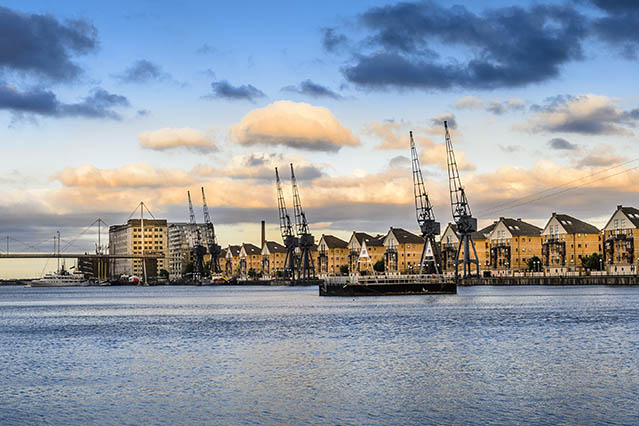03 December 2019 London, UK
As part of events to mark its 10th anniversary during 2019, the Institute for Human Rights and Business (IHRB) invites you to join in a discussion on the future of international trade in an era of rising populism and protectionism.
The event will bring together over 200 leading thinkers, decision-makers, practitioners, and those they directly affect, to discuss how to achieve a more principled, people-centred global economy, fit for the 21st century.
Background
The conventional wisdom since the end of the Cold War - that increased international trade would contribute to broad based prosperity around the world - is facing severe challenge. Despite significant human development advances globally, many people have not benefited from globalisation. This has resulted in countries retreating into a protectionist mode, in response to anxieties felt by an older workforce losing jobs, stagnant wages, and new technologies looming heavily over the future of work itself.
Governments have been unable to reach a major new global trade framework, increasingly turning to bilateral and regional approaches. At the same time, global value chains have expanded enormously, and have tied together national economies as never before. They have helped integrate numerous developing countries into the global economy, but have also contributed to increasing inequality and to ongoing concerns over how to achieve a just and sustainable future for all.
Cross-border trade in capital, goods, and services can all lead to rising standards of living and support state duties to protect human rights. But this is only the case if trade is rules-based, and if these rules effectively enable the benefits to be realized while the harmful impacts are prevented or mitigated.
Agenda
Key questions that will be considered include:
- What is the status of efforts to ensure that all aspects of international trade are carried out in ways that do not undermine respect for human rights standards?
- How are labour and environmental rights provisions being included in the newest trade agreements and what might this mean for the future?
- Can a “next generation” of trade be built around a new social contract for trade that reflects the dignity and rights of people, in particular for women and youth?



